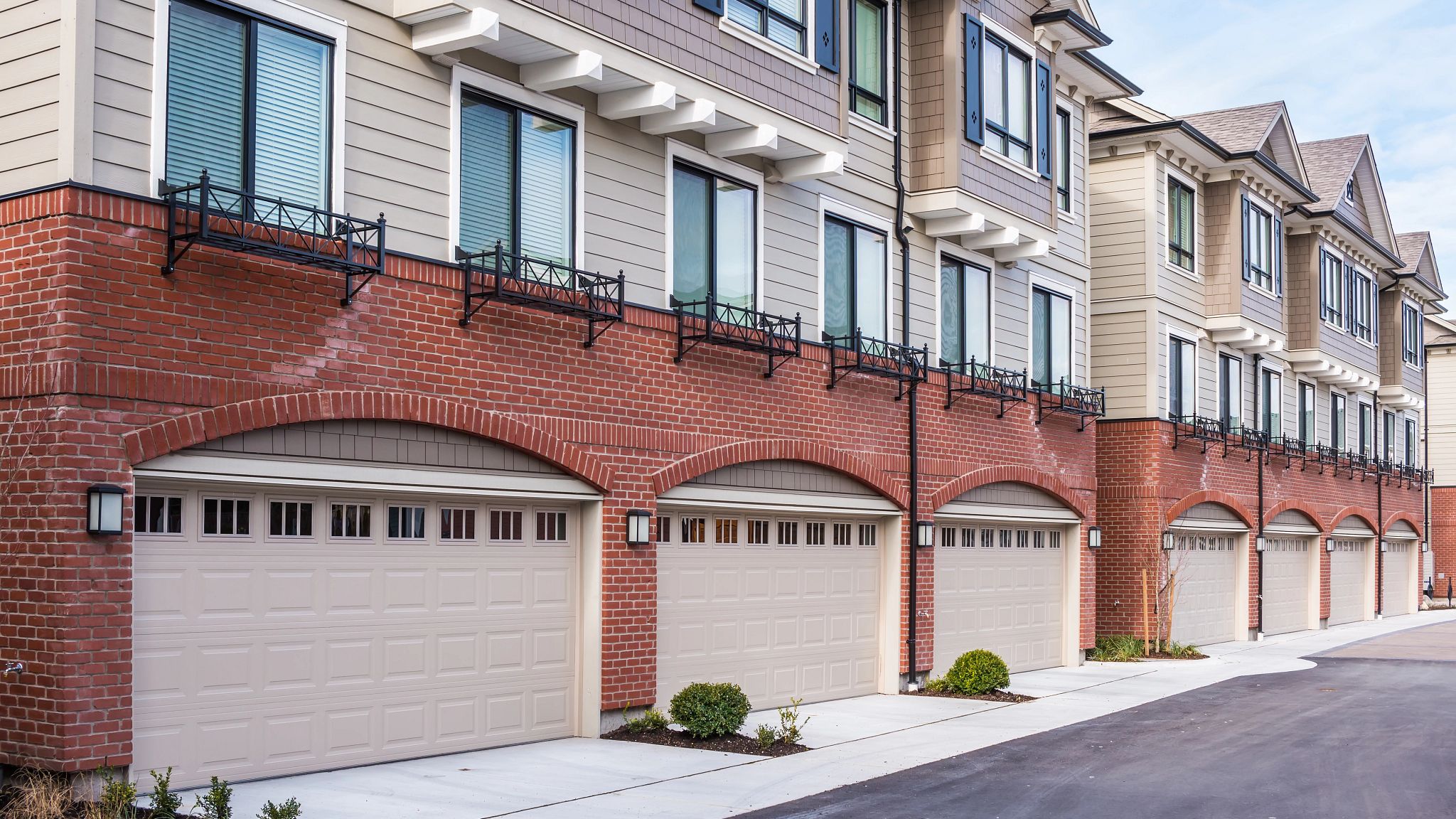AARP Hearing Center

Tax relief, higher density top agenda
Lois Fink moved to Fort Collins about 10 years ago when the cost of living in Seattle grew too much for her budget. Now she sees the same thing happening in Colorado.
The 75-year-old retired administrative assistant worries the condo she rents for about $1,000 will be sold and that she won’t be able to find comparable housing she can afford. She said she might need up to 50 percent or more of her combined pension and Social Security for monthly payments.
“Your housing costs should be no more than 30 percent” of your income, she says, citing standard financial guidance. “I think that percentage went out the window 40 years ago.”
Renters and homeowners across all age groups in Colorado have seen housing costs soar due to low supply, high interest rates and large increases in property taxes. It’s an urgent issue facing Gov. Jared Polis (D) and the General Assembly in 2024.
Median rent in Colorado is $2,175, higher than any neighboring state and 9 percent higher than the national median, according to the real estate research firm Zillow.
In metro Denver, the average monthly payment on a new mortgage grew by more than 50 percent to $3,572 from 2021 to June 2022, according to Zillow.
Most older residents want to stay in their homes, and 83 percent of Coloradans age 45-plus said being able to afford their home was an extremely or very important issue, a 2022 AARP survey shows.
Legislators have failed to find a long-term approach to cutting or capping property taxes, and solutions to the crisis will be a focus of the legislative session beginning Jan. 10.
“The cost of inaction is too high,” said Polis during a November press conference. “People could be forced to make the hard choices between their property taxes and groceries or gas. ... For seniors on a fixed income, it means cutting back on essentials, like medications and food, just to pay their property taxes.”
Colorado’s current senior property tax exemption helps residents 65 and older who have lived in their home at least 10 consecutive years and some veterans with disabilities. For those who qualify, 50 percent of the first $200,000 of actual home value is exempt from property taxes.
Increasing housing options
Recent attempts through legislation and a referendum that included other tax and funding issues have failed to make the property tax exemption portable so that residents could take the exemption with them when they downsize and move.
Another attempt to allow portability may be introduced this year. AARP Colorado supports making the exemption portable.
The General Assembly will also look at ways to increase housing options and provide relief to some residents.
Polis favors constructing more higher-density housing, including duplexes, quadplexes and accessory dwelling units (ADUs), such as backyard cottages.
“These are all inherently more affordable than one home on a plot of land,” he told Colorado Public Radio.
He wants fewer constraints on ADUs and other housing. Many localities fought a legislative proposal last year that would have given the state more controls to push for high-density housing construction.
Mobile-home issues are also on the agenda for this legislative session. Residents with rent-to-own agreements may get some help this year, with a bill designed to make such contracts more fair and transparent. In 2023, the state began providing some funds for residents who want to purchase their park.
“Mobile home parks house a disproportionate number of older adults, of people with disabilities, of veterans, of undocumented folks, and more and more, they are affordable housing ... for young families as well,” says Rep. Andrew Boesenecker (D-Fort Collins).
Cynthia Pasquale is a freelance writer and former editor at The Denver Post. She has written for the Bulletin since 2011.































































